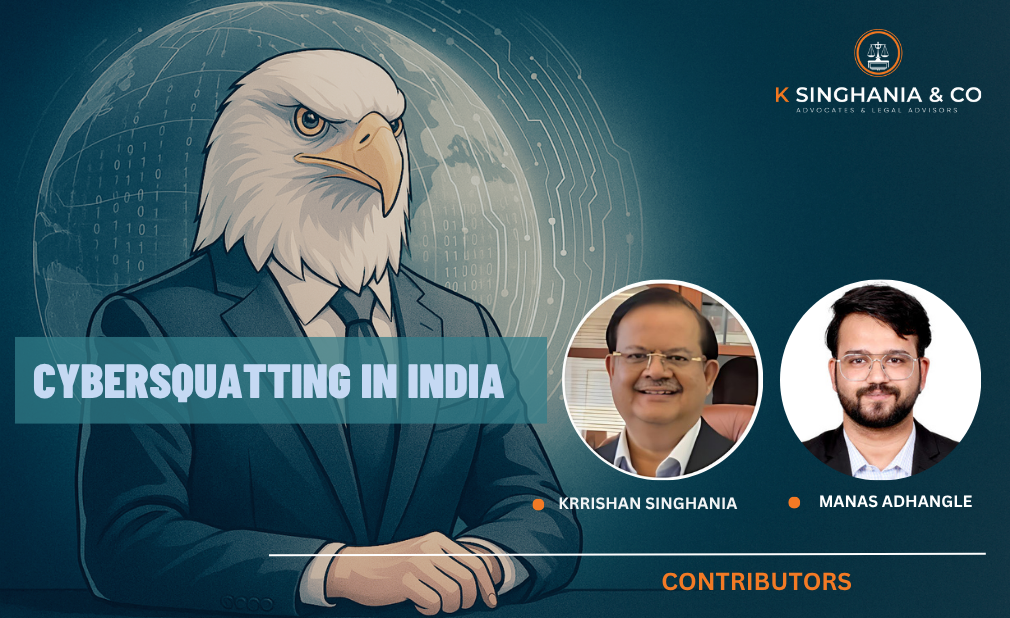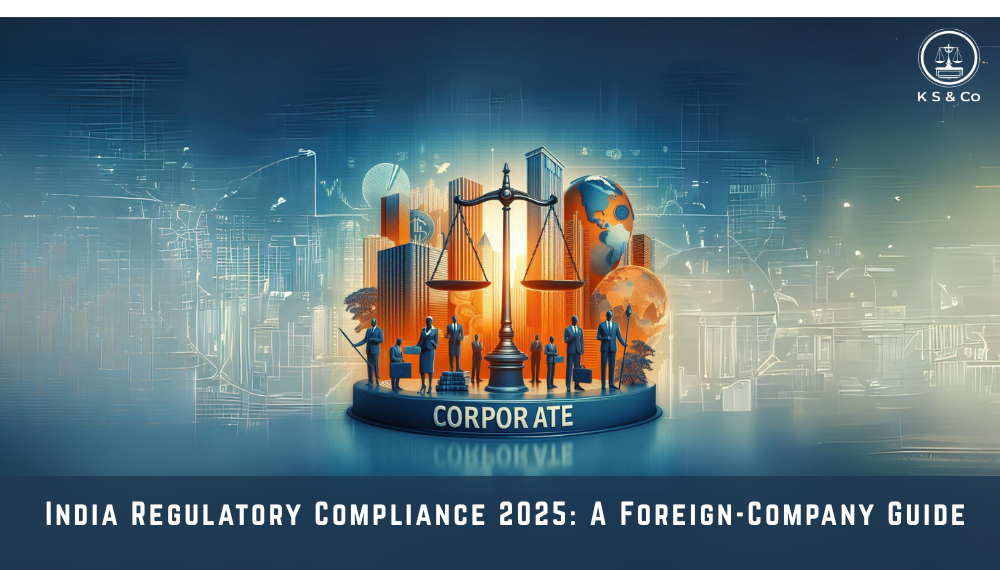In a significant development, the Bombay High Court appointed arbitral tribunal awarded a compensation of ₹4814.67 Crore plus 10% interest from 2012 to Deccan Chargers in an arbitration against BCCI. While it is yet to be seen whether BCCI challenges the arbitral award but this award marks the end of the 8 years dispute which started in 2012. There have been significant developments relating to domestic arbitration. In this Newsletter, we have covered the arbitration related judgments passed by the Indian Court in the month of June & July 2020 and our views on the same.
Bombay High Court adjudicates upon the issues encompassing the procedure of appointment of arbitrators from a panel
The Bombay High Court in its judgment dated 2nd June 2020 in the case of Afcons Infrastructure Limited v. Konkan Railway Corporation Limited reiterated that impartiality and independence of the arbitrators is the very soul of the arbitration process. In this case, the Respondent floated a tender notice for construction of B.G. Single Line Tunnels and a Contract was executed between the Parties. The Petitioner had submitted full accounts of all claims to the Respondent, which was disputed by the Respondent. The Petitioner invoked the arbitration clause. The arbitration clause stipulated that the three arbitrators to be appointed shall be Gazetted Railway Officers not below JA Grade from the panel of three to be proposed by the Petitioner and chosen by the Respondent. The Petitioner challenged the procedure of appointment and approached Bombay High Court for exercise of the jurisdiction under Section 11(6) of the Arbitration & Conciliation Act, 1996 (‘the Arbitration Act’). The Bombay High Court expressed and reiterated that impartiality and independence of the arbitrators is the soul of the arbitration process. It undertook a thorough analysis of the procedure under the contract which allowed the Respondent to pick its own favorites from the panel of nominee arbitrators whereas the Petitioner was deprived of free choice as the Respondent has refused to nominate its arbitrator. Further, on the basis of Voestalpine Schienen v. Delhi Metro Rail Corp Ltd. [(2017) 4 SCC 665], the Bombay High Court held that the procedure of appointment under the contract militated against the principles of autonomy, neutrality and impartiality and that the prayer of the Petitioner to constitute an independent arbitral tribunal appeared justified.
Our Comments:
Independence and Impartiality of the Arbitrator is one of the fundamental features of arbitration. The Court correctly noted that the procedure mentioned in the contract will be against the principle of neutrality. Therefore, the government should revise the appointment procedure stipulated in the various government contracts considering the growing trend of the court which disallows unilateral appointment or such procedures which compromises the independence and impartiality of the tribunal.
Bombay High Court rules that use of ‘shall’ is essential to show unequivocal consent of parties to arbitrate
The Bombay High Court in the judgment dated 5th June 2020 in the case of Quick Heal Technologies Limited vs. NCS Computech Private Limited & ors. examined the mandatory nature of multi-tier arbitration clauses in the contract executed between parties. The court looked into the aspect if an arbitration clause providing discretion to the disputing parties to invoke arbitration, would be treated as an arbitration clause. After deliberating on the issue, the Bombay high court came to a conclusion that in respect to the factual matrix of the case invoking arbitration without taking into consideration the arbitration clause mentioned in the agreement was not justified. Furthermore, the hon’ble court minutely considered the implications of using the term “may” and “shall” in the agreement and consequently held that since the language of the agreement was not obligatory in nature, the clause prescribing for arbitration could not be considered as an arbitration clause.
Our Comments:
An unequivocal consent to arbitrate is required in order to constitute a binding arbitration agreement. The Court was correct in stating that in absent of mandatory language to arbitrate there cannot be any valid arbitration agreement. This judgment signifies the importance of drafting a clearly worded dispute resolution clause
Delhi High Court hold that application of interim measures cannot be rejected on the ground that the party does not hold any assets in India
The Delhi High Court in the judgment dated 9th June 2020 in the case of Goodwill Non-Woven (P) Limited v. Xcoal Energy & Resources LLC that courts cannot refuse to entertain a matter under Section 9 of the Arbitration Act in light of the aspect that the party does not hold any assets in India. The Petitioner herein prayed for a relief of refund in respect of the monetary payments made by it in light of the termination of the contract by the Respondents. However, the Hon’ble Delhi High Court refuted the claims of the Petitioner in this regard and also did not take into consideration the argument put forth by the Petitioner of Respondent not being able to meet the timeline of arbitration in view of Covid-19.
Our Comments:
The Court was correct in deciding that Section 9 jurisdiction in foreign seated arbitrations is not restricted if the assets are in India and also that delays in timeline of arbitration due to Covid 19 has no bearing on the merits of the case. These two aspects are important and clarify the stand of the court.
Delhi High Court gives a six-point solution to curb the issue of multiplicity of arbitration proceedings
The Delhi High Court in its judgment dated 23rd June 2020 in the case of Gammon India Ltd. v. National Highway Authority of Indiaexpressed its displeasure at the dreadful defect of multiplicity of arbitration proceedings. The Delhi High Court highlighted that multiplicity in arbitration proceedings leads to inordinate delay, recurring challenges to arbitral awards, the addition of cost, and waste of energy. In view of the same the hon’ble court offered a “six-point” solution for the parties to ensure that multiplicity of arbitration proceedings is curbed. Six Point solution is as follows: –
- The arbitration clauses must be drafted in a manner that ensures that claims are referred in one go and none of the claims are barred by limitation.
- If the arbitration clause has to be invoked at different stages, parties ought to raise all claims arising till invocation of the arbitration clause. It would not be permissible to refer only some disputes that have arisen and not all.
- All disputes arising in respect of the same contract or the series of the same contract ought to be referred to the same tribunal.
- In cases where common/overlapping issues arise between different parties involved in the contract, endeavor could be made to refer the matter to the same tribunal. However, if it is not feasible, at least challenges to the awards could be heard together, if they are pending in the same Court.
- At the time of filing of petitions under section 11 and 34 of the Act, specific disclosure ought to be made by parties regarding pending proceedings, arbitration references or the stage at which the case is pending.
- Bring to the notice of the Court adjudicating a particular challenge to the arbitral award about the pendency of multiple challenges in respect of awards arising out of the same contract.
Our Comments:
Multiplicity of arbitration proceedings is not unpopular in India and causes various issues. The Delhi High Court giving guidelines to protect the multiplicity of the proceedings is appreciable and can reduce the related issues provided the litigants and the parties follow these guidelines.
Delhi High Court discusses about the competent court for the appointment of arbitrator in absence of choice of seat
The Delhi High Court in its recent judgment dated 6th July 2020 in the case of Aarka Sports Management v. Kalsi Buildcon Pvt Ltd.dealt with the issue of competent court for hearing the plea of appointment of arbitrator in absence of choice of seat. For answering the said issue regarding the competent court of law, the Court held that when the parties have not agreed on the seat of the arbitration, the court competent to entertain an application under Section 11 of the Arbitration Act is the one defined in Section 2(1) (e) of the Act read with Sections 16 to 20 of the Code of Civil Procedure. Applying the above principles, the Court concluded that in the present case, since the arbitration agreement did not stipulate any seat of arbitration, the courts in Delhi lacked territorial jurisdiction to hear the petition. Lastly, the Court added that the exclusive jurisdiction clause in the agreement would not come to the rescue of the Petitioner as the parties could not have conferred jurisdiction on a court which otherwise had no jurisdiction.
Our Comments:
Choice of seat is essential for determining the supervisory jurisdiction of court over the arbitration. If the terms of the agreement do not clearly specify the choice of the seat, then the Courts should look into other factors to determine the implied choice of the seat. The Court should have considered the “exclusive jurisdiction clause” in order to determine that implied choice. Lot of times in domestic contracts the parties agree to the choice of neutral court for the purpose of supervisory role over the arbitration.
Delhi high court holds that section 9(3) of the Arbitration Act does not bar parties from approaching the court for interim relief in subsequent disputes under the same agreement, which have not yet been referred to the arbitral tribunal
The Delhi High Court in its judgment dated 07th July 2020 in the case of Hero Wind Energy Private Ltd. v. Inox Renewables Limited & anr.The Delhi High Court in its judgment dated 07th July 2020 in the case of Hero Wind Energy Private Ltd. v. Inox Renewables Limited & anr. interpreted section 9 (3) of the Arbitration Act. The question before the Court was if an Arbitral Tribunal has already been constituted to adjudicate the disputes which have arisen out of an agreement or set of agreements containing an arbitration clause, whether the remedy of approaching the Court for interim measures with respect to disputes subsequently arising from the same agreement or set of agreements is barred by Section 9(3) of the Arbitration Act. The court relied on 243rd law commission report for interpreting Section 9(3) of the Arbitration Act. The court held that “Arbitral Tribunal” mentioned under section 9(3) of the Arbitration Act draws inference from the other provisions of the act and therefore, have to be interpreted as Arbitral Tribunal constituted to adjudicate the disputes which have arisen and been referred to arbitration. The hon’ble court deferred from the view taken by the subordinate court and held that section 9 holds a sense of urgency within it and order XLI rules 24 & 33 read with order XLIII rule 2 of the CPC also permits the appellate Court to decide the merits even if it has not been decided by the trial Court
Our Comments:
This judgment is significant as it makes a required distinction between the “particular dispute” for which an arbitral tribunal has been constituted, and any disputes which may arise subsequently, even if between the same parties and/or under the same agreements or set of agreements. This judgment allows parties to expediently obtain interim measures in respect of subsequent disputes from the jurisdictional court, and then follow the requisite process for referring disputes to the tribunal.
Delhi High Court interprets Schedule IV of the Arbitration Act
The Delhi High Court in the judgment dated 10th July 2020 in the case of Rail Vikas Nigam Ltd. v. Simplex Infrastructures Ltd dealt with a Petition under section 14 of the Arbitration Act wherein termination of the mandate of the 3-member Arbitral Tribunal was sought in view that the tribunal had disregarded the ceiling for fixation fees provided under Schedule IV of the Act. The short question raised in this case was regarding the interpretation of Entry No. 6 of Schedule IV: is the ceiling limit of Rs. 30,00,000/- inclusive of the base fee of Rs.19,87,500/- or is it only applicable as a cap on the latter portion of the Model Fee prescribed, i.e., 0.5% of the claim amount over and above Rs. 20 crores. The Hon’ble court held that in light of entry 6, schedule IV of the act, the ceiling limit is not inclusive of the base fee mentioned under the rules. The Hon’ble court further held that the principle of non-adherence to Schedule IV while fixing fee for arbitration being a valid ground for termination, is not applicable in the case at hand.
Our Comments:
The judgment signifies the importance of adherence to Schedule IV of the Arbitration Act and also clarifies an important interpretation gap in the Schedule IV.
Delhi High Court upholds the retrospective application of the amendment made in Section 29A of the Arbitration Act.
The Delhi High Court in its judgment dated 21st July 2020 in the recent case of ONGC Petro Additions Limited v. Ferns Construction Co. Incdealt with the matter of retrospective application of Section 29A of the Arbitration Act. Herein the petitioner contended inapplicability of Section 29A of the act in this case owning to an amendment made to Section 29A. The Respondents on the other hand contended that Section 29A of the Arbitration Act could be classified as a procedural law since its inception, thereby meaning Section 29A applies to all arbitration proceeding seated in India and the change brought about in Section 29A will have a retrospective effect from the day Section 29A was introduced in the Arbitration Act. The Hon’ble court referred the case of Shapoorji and held that an amendment being procedural in nature shall be applicable to all pending arbitrations as on the date of amendment. Thus, making provisions Section 29A of the Arbitration Act applicable to all pending arbitrations seated in India.
Our Comments:
The Court correctly held that the amendment being of procedural nature will have a retrospective application. This judgment signifies the importance of timeline as prescribed under the Arbitration Act.






